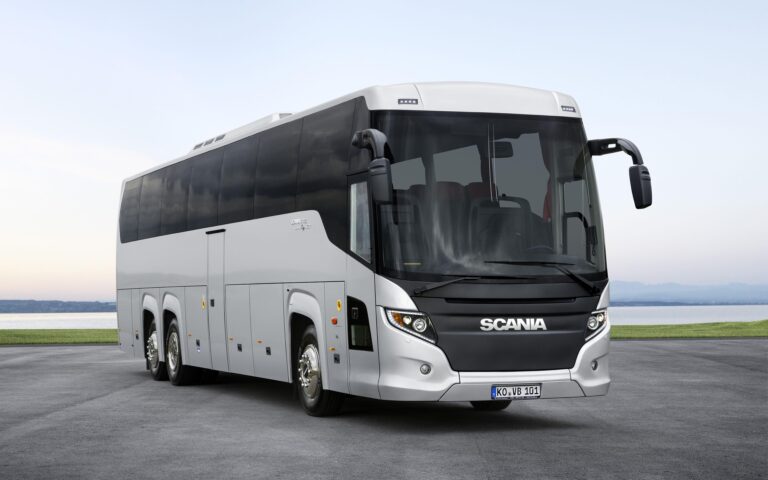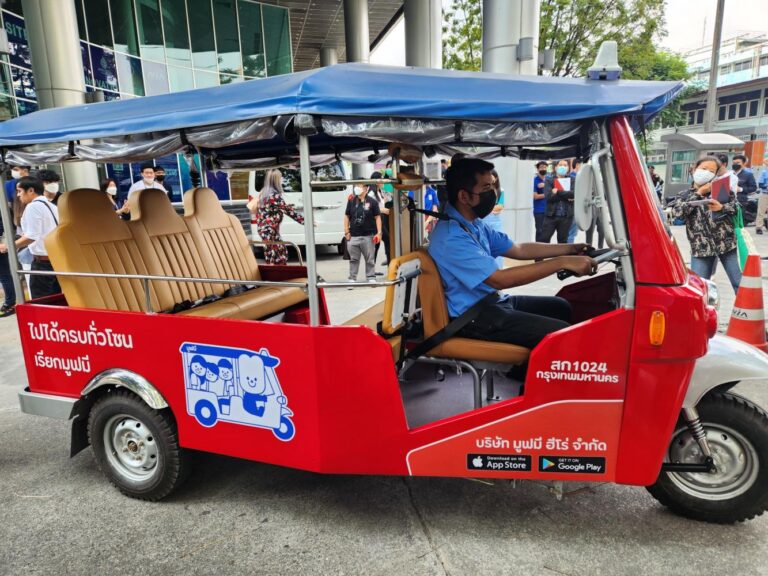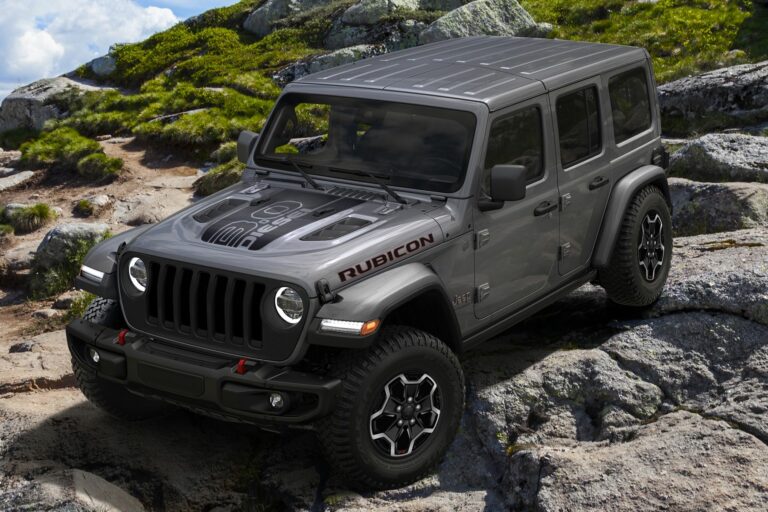Front Wheel Drive Trucks For Sale: Navigating a Niche Market
Front Wheel Drive Trucks For Sale: Navigating a Niche Market cars.truckstrend.com
When the phrase "truck for sale" comes to mind, most envision a rugged, body-on-frame behemoth with rear-wheel drive (RWD) or four-wheel drive (4WD), built for heavy hauling, serious towing, and challenging off-road excursions. However, a distinct, albeit smaller, segment of the market exists: Front Wheel Drive (FWD) trucks. While not "trucks" in the traditional heavy-duty sense, these vehicles offer a unique blend of utility, efficiency, and car-like comfort, catering to a specific set of needs. Understanding this niche is crucial for anyone searching for a practical vehicle that doesn’t fit the conventional truck mold.
This comprehensive guide will delve into the world of FWD trucks for sale, exploring what they are, their benefits and limitations, where to find them, and essential considerations for potential buyers.
Front Wheel Drive Trucks For Sale: Navigating a Niche Market
Understanding Front Wheel Drive "Trucks": A Unique Niche
It’s important to clarify upfront: a true heavy-duty, body-on-frame pickup truck designed for significant towing and hauling capacity is almost exclusively RWD or 4WD. The robust drivetrain and weight distribution required for such tasks are best handled by a rear-wheel or all-wheel drive system.
So, what constitutes a "Front Wheel Drive Truck" in the context of vehicles for sale? This term typically refers to:
- Car-Based Pickups/Utility Vehicles: These are unibody vehicles built on a car platform, featuring an open bed. Examples include the Honda Ridgeline and Hyundai Santa Cruz. They offer the versatility of a bed with the ride comfort and fuel efficiency of a crossover SUV.
- Compact Cargo Vans: Vehicles like the Ford Transit Connect and Ram ProMaster City are FWD and designed primarily for commercial light hauling, delivery, and service work. While technically vans, their utility-focused design and cargo capacity often put them in a "truck-like" category for businesses and individuals needing enclosed hauling.
- Utility-Focused FWD SUVs (with a stretch): In some cases, a large FWD SUV with significant cargo space, a flat-folding second row, and robust roof rack options might be considered by buyers looking for utility that approaches light truck capability, though this is less common and truly blurs the lines.

The target audience for these FWD utility vehicles prioritizes fuel economy, maneuverability, and a smoother ride over maximum towing or extreme off-road prowess. They are ideal for city driving, light-to-medium hauling tasks, and individuals or businesses that don’t require the immense capabilities of a full-size traditional truck.
Key Benefits of Opting for a FWD Utility Vehicle
Choosing a FWD "truck" or utility vehicle offers several distinct advantages that make them appealing for many buyers:
- Superior Fuel Economy: With the engine and drivetrain components located at the front, FWD vehicles are generally lighter and more efficient than their RWD or 4WD counterparts. This translates to lower fuel costs over time, a significant benefit for daily drivers or businesses.
- Enhanced Maneuverability and Ride Comfort: Being built on car platforms, FWD utility vehicles often boast a tighter turning radius and a more car-like, comfortable ride. This makes them easier to navigate in urban environments, parking lots, and for long highway commutes.
- Better Winter Traction (Unladen): With the weight of the engine directly over the drive wheels, FWD vehicles tend to have excellent traction in snow and ice, especially when unladen. This can be a significant advantage in cold climates where a traditional RWD truck might struggle without a loaded bed.
- Lower Load Floor (Vans): For compact cargo vans, the FWD layout allows for a lower and flatter load floor, making it easier to load and unload cargo, reducing strain and improving efficiency for delivery and service professionals.
- Potentially Lower Purchase Price: Compared to traditional trucks, FWD utility vehicles often come with a more accessible price point, both new and used, making them a more budget-friendly option for utility.
- Lighter Weight and Simpler Construction: The integrated engine and transmission unit (transaxle) simplifies the drivetrain, potentially leading to fewer complex components and easier maintenance for some issues.
Important Considerations Before Buying
While FWD utility vehicles offer compelling benefits, they also come with specific limitations that buyers must be aware of:
- Limited Towing and Hauling Capacity: This is the primary distinction. FWD utility vehicles cannot match the towing and payload capacities of traditional RWD/4WD trucks. Always check the specific vehicle’s ratings to ensure it meets your needs.
- Restricted Off-Road Capability: Due to their unibody construction, lower ground clearance, and FWD system, these vehicles are not designed for serious off-roading. They can handle gravel roads and light trails, but anything more challenging is beyond their scope.
- Durability for Heavy Work: While robust for their intended purpose, FWD drivetrains and suspension components are not engineered for the constant strain of heavy commercial use that a traditional truck might endure.
- Availability of Models: The selection of FWD "trucks" is significantly smaller than the vast market for RWD/4WD pickups and SUVs. This might limit your options for specific features or body styles.
- Maintenance Considerations: FWD vehicles have unique components like CV (constant velocity) joints and axle shafts, which require specific attention during maintenance checks. Worn CV joints can lead to clicking noises during turns, indicating potential repair needs.
Navigating the Market: Where to Find FWD Trucks For Sale
Finding a FWD utility vehicle requires a slightly different approach than searching for conventional trucks. Here’s where to look:
- Online Marketplaces: Websites like AutoTrader, Cars.com, Kelley Blue Book, and Edmunds are excellent starting points. Use specific keywords like "Honda Ridgeline," "Hyundai Santa Cruz," "Ford Transit Connect," or "Ram ProMaster City" rather than just "FWD truck" to refine your search.
- Manufacturer Certified Pre-Owned (CPO) Programs: Dealerships offer CPO vehicles that have undergone rigorous inspections and often come with extended warranties, providing peace of mind.
- Dealerships (New and Used): Visit new car dealerships that sell models like Honda or Hyundai, as well as used car lots that specialize in a variety of vehicle types.
- Specialty Commercial Vehicle Dealers: For compact cargo vans, dedicated commercial vehicle dealerships often have a wider selection and staff knowledgeable about business needs.
- Private Sellers: Online classifieds (Craigslist, Facebook Marketplace) can yield good deals, but exercise caution and always get a pre-purchase inspection from an independent mechanic.
Tips for Evaluating a FWD "Truck" Purchase
Once you’ve identified a potential FWD utility vehicle, thorough evaluation is key:
- Check Service Records: Look for a comprehensive maintenance history. Regular oil changes, tire rotations, and transmission fluid services are crucial for FWD longevity.
- Inspect for FWD-Specific Issues: During your inspection, pay close attention to the CV boots (rubber covers on the axle shafts). If torn, dirt and moisture can enter, leading to CV joint failure. Listen for clicking or clunking noises, especially when turning at low speeds, as this often indicates worn CV joints.
- Test Drive Thoroughly: Drive the vehicle on various road surfaces, including some turns and light bumps. Pay attention to steering feel, brake performance, and any unusual noises from the drivetrain. Test all gears, including reverse.
- Verify Payload and Towing Specs: Crucially, confirm the vehicle’s exact payload and towing capacities in the owner’s manual or on the manufacturer’s website. Do not assume; these figures are often lower than traditional trucks.
- Consider Your Actual Needs: Be realistic about how you plan to use the vehicle. If occasional light hauling and good fuel economy are priorities, a FWD utility vehicle is an excellent fit. If heavy construction work or serious off-roading is on the agenda, you’ll need a traditional RWD/4WD truck.
Popular FWD "Truck" Models and Categories
While the market is limited, a few models stand out in the FWD utility vehicle segment:
- Car-Based Pickups:
- Honda Ridgeline: Known for its unibody construction, comfortable ride, innovative in-bed trunk, and dual-action tailgate. It offers a respectable payload and towing capacity for its class, often paired with AWD, but its FWD roots are evident.
- Hyundai Santa Cruz: A newer entrant, the Santa Cruz blends SUV comfort with a compact open bed, offering nimble handling and a stylish design.
- Compact Cargo Vans:
- Ford Transit Connect: A popular choice for businesses, offering excellent fuel economy, configurable cargo space, and a car-like driving experience. Available in various wheelbases and roof heights.
- Ram ProMaster City: Another strong contender in the compact cargo van segment, known for its practical design and efficient powertrain.
- Nissan NV200 / Chevrolet City Express: While discontinued, these models are still available on the used market and offer similar utility.
Illustrative FWD Utility Vehicle Pricing (New & Used)
Prices for FWD utility vehicles vary significantly based on model, year, mileage, condition, features, and location. The table below provides illustrative ranges for common categories. These are estimates and should be used as a general guide, not definitive pricing.
| Vehicle Category | New Price Range (MSRP) | Used Price Range (3-7 years old) | Key Features / Notes |
|---|---|---|---|
| Car-Based Pickups | |||
| Honda Ridgeline | $38,000 – $48,000+ | $20,000 – $35,000+ | Unibody, AWD often standard, in-bed trunk, comfortable |
| Hyundai Santa Cruz | $28,000 – $42,000+ | $25,000 – $38,000+ | Compact, stylish, nimble, available AWD |
| Compact Cargo Vans | |||
| Ford Transit Connect | $29,000 – $35,000+ | $12,000 – $25,000+ | Fuel-efficient, versatile cargo space, low load floor |
| Ram ProMaster City | $29,000 – $35,000+ | $12,000 – $24,000+ | Practical, efficient, good for urban delivery |
| Discontinued/Older Models | |||
| Subaru Baja | N/A (Used Only) | $5,000 – $15,000+ | Niche, quirky, older model (FWD/AWD) |
| Chevrolet El Camino/Ford Ranchero | N/A (Used Only) | $5,000 – $30,000+ (Collector) | Vintage, car-based pickups, RWD (historical) |
Note: Prices are highly variable and depend on market conditions, vehicle condition, mileage, trim level, and optional features. Always conduct thorough research for specific models and years.
Frequently Asked Questions (FAQ)
Q: Are there any "real" FWD trucks for heavy hauling?
A: No. Traditional heavy-duty pickup trucks are exclusively RWD or 4WD. FWD "trucks" refer to car-based pickups or compact cargo vans designed for lighter utility.
Q: What are the main advantages of a FWD utility vehicle?
A: Better fuel economy, more comfortable ride, improved maneuverability, and often better traction in snow/ice when unladen compared to RWD trucks.
Q: What are the disadvantages of a FWD utility vehicle?
A: Significantly lower towing and hauling capacity, limited off-road capability, and generally not as robust for extreme heavy-duty work.
Q: Are FWD trucks good for towing?
A: They are capable of light-to-medium towing, but their capacities are much lower than traditional trucks. Always check the specific model’s towing rating and do not exceed it.
Q: How do FWD utility vehicles perform in snow?
A: Generally well, especially when unladen, due to the engine’s weight over the drive wheels providing good traction. Some models also offer optional AWD for enhanced winter performance.
Q: What specific maintenance should I be aware of with FWD vehicles?
A: Pay attention to CV boots and joints. If the rubber boots are torn, the joints can fail, leading to clicking noises during turns. Transmission fluid changes are also crucial for FWD longevity.
Q: What’s the best FWD truck for light hauling and daily commuting?
A: For an open bed, the Honda Ridgeline or Hyundai Santa Cruz are excellent choices. For enclosed cargo, the Ford Transit Connect or Ram ProMaster City are highly practical and efficient.
Conclusion
The market for "Front Wheel Drive Trucks For Sale" is a specialized one, primarily encompassing car-based pickups and compact cargo vans. These vehicles are not direct replacements for traditional, heavy-duty RWD or 4WD trucks, but they excel in their own right. They offer a compelling blend of fuel efficiency, car-like comfort, and practical utility for individuals and businesses that don’t require extreme towing or off-road capabilities.
By understanding their unique benefits, limitations, and knowing where to search, buyers can effectively navigate this niche market. For those prioritizing efficiency, maneuverability, and light-to-medium hauling over brute strength, a FWD utility vehicle might just be the perfect fit, offering a smart, economical solution for diverse needs.





